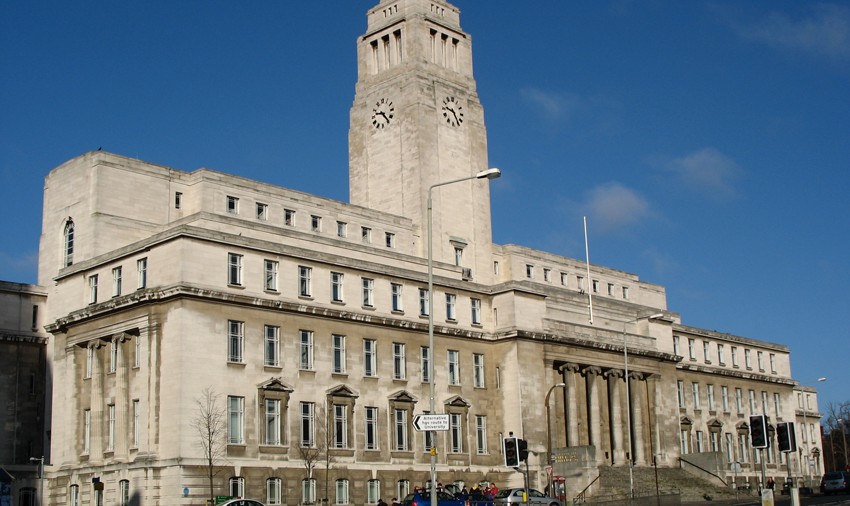Many of you will have noticed the small group of pro-life protestors next to the Parkinson Building one Thursday afternoon (16th November). In itself this is not particularly unusual; a protest or stall is far from an unusual sight on campus (in fact a Socialist Students stall also set up yards away, protesting about the upcoming budget). However, it struck me that the nature of this protest, combined with the counter-demonstration it provoked, raises some potentially troubling questions about people’s perception of free speech and other people’s opinions.
Firstly there is the nature of the original protest. The anti- abortion group chose to make their point with an odd comparison between slavery in the 1800s and abortion, both of which they labelled societies’ ‘blind spot’. This, to me and many others, seems ludicrous, but more generally it seems designed to provoke a reaction from people on the other side of the argument than make any attempt to convert anybody. As somebody who is pro-choice myself, I don’t feel particularly well disposed to my view on abortion being deemed akin to slavery, and doing so certainly doesn’t make me more inclined to change my mind.
On the other side were the counter demonstrators, several of whom attempted to block the pro-life group and carried placards. They included a token socialist workers party member (what the cause has to do with socialism, your guess is as good as mine) but with this exception the rest seemed genuine and committed to their cause. It does interest me, however, that they felt sufficiently threatened by such a small group of pro-lifers to demonstrate against them. The law against which the first group protested was passed in 1967; their point of view is hardly winning the argument or a threat to what has become the mainstream opinion that abortion should, with proper regulation and limits, be available to women who need it. To feel your worldview threatened by the existence of such a small group of dissenters suggests a desire for total conformity rather than simply carrying the majority of opinion. In a democratic society, the tolerance of unpopular minority viewpoints (provided they don’t threaten violence) is pivotal. To feel unduly threatened by such a small protest betrays a lack of confidence, I feel, in your own point of view.
This attitude might not seem important. However, four police officers had to be moved from what presumably was important work to cover a minor demonstration. This demonstrates an intolerance of ideas which dissent from mainstream thought, which at least has the potential to spill over into intolerance of people who hold such views. A society where people do not feel free to protest unpopular minority views (which being pro-life is, at least on university campuses) is not one which many of us would like to live in, and we ought to take care not to usher it in through the back door.
Alex Passingham

